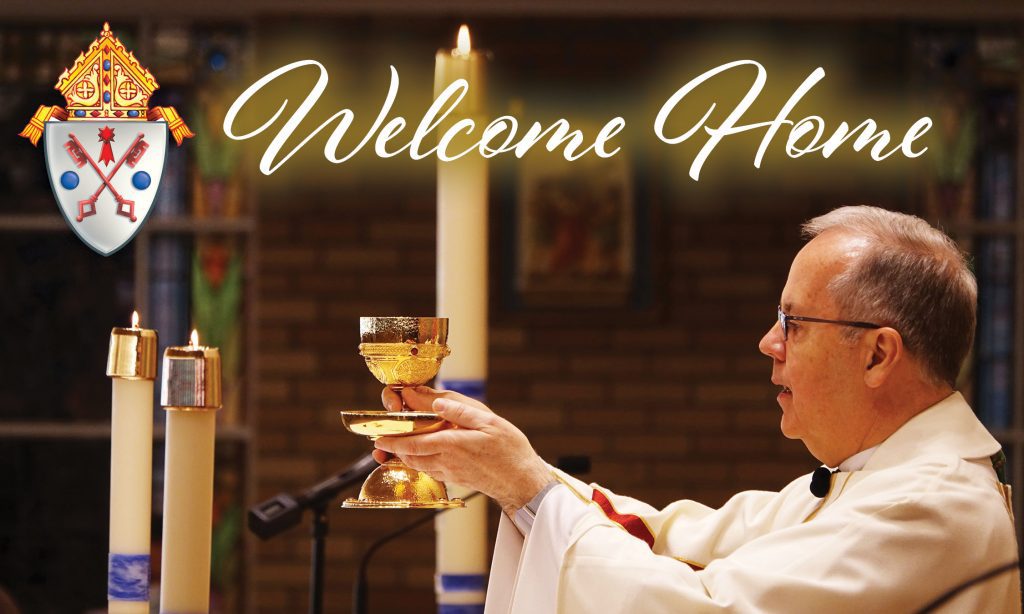
SCRANTON — We’re back where we belong.
Days before the dispensation from the obligation to participate in Mass on Sundays and Holy Days of Obligation was lifted in the Diocese of Scranton — beginning with the weekend celebration of the Solemnity of the Assumption of the Blessed Virgin Mary on Aug. 15 — Bishop Joseph C. Bambera released a video message to “Welcome Back” faithful to the pews.
Joyfully proclaiming that the doors of all churches throughout the 11 counties of the Diocese are “open wide,” Bishop Bambera announced, “After seventeen months of hardship and struggle, it is time to pray together again, sing together again, and experience the love of God together again!”
The much-anticipated pronouncement was welcomed with equal joy by parishioners around the Diocese.
“It will be great to see parishioners attending Mass who have not been there since March of 2020,” Joe Hillan said, representing Saint Adalbert Church at Holy Spirit Parish in Glen Lyon. “While livestreaming was a great asset during the pandemic, I truly hope that it will not be used as an excuse for parishioners that are capable of attending Mass.”
Bishop Bambera continued his message by referring to the Eucharistic celebration as the “center of our lives as Christians.”
“It is where we are drawn close to Jesus, where we feel his presence in the lives of one another, where we listen to his Gospel message in the Word proclaimed and where we receive His Body and Blood — His very life — in the Eucharist,” the bishop imparted. “The importance, and necessity, of attending Mass is rooted in our Baptism as Christians.”
His words were echoed by Bernice Facciani, a member of Saint John Vianney Parish in Montdale, where she worships at Corpus Christi Church.
“I am delighted the bishops in Pennsylvania have reinstated the Sunday and Holy Day Mass obligations,” Facciani remarked.
In addition to her parish church, she said she has had “occasion to visit several other churches in the Diocese in recent months and have found them to be both impeccably clean and the services well attended, which does seem indicative of parishioners’ desire to participate in the Mass and encounter Jesus in the Eucharist regularly.”
Facciani’s fellow parishioner, Chrysa Calafut, could not agree more. The mother of two small children stated that she and her husband “celebrated Mass” at home via media platforms for more than a year and that it is time to return to church.
“For over a year, this was enough,” Calafut said. “The rising number of COVID cases and deaths attributed to the virus, complicated with the fact that neither a vaccine nor enough knowledge about COVID existed, the decision to stay home with our family proved to be necessary. The health and safety of not only our family but also our community depended on us making responsible decisions and following CDC guidelines.”
She noted, however, that her heart was telling her that something was lacking. As a registered nurse, Calafut explained there is always the potential to be exposed to any illness or infectious disease. “In spite of this, my devotion to serving others continues to draw me back to the bedside,” she said.
She passionately believes our devotion to serving the Lord should do the same.
“The risk will always be present, as will the fear,” Calafut concluded, “but if we continue to follow current CDC guidelines and commit to protecting one another, I am confident we can return to worshipping ‘at the bedside.’”
In his recent letter to diocesan faithful reinstating the Sunday Mass obligation, Bishop Bambera wrote, “This is a moment to thank God anew for the great gift of the Mass and the Real Presence of Jesus to us in His Holy Body and Blood as well as the joy of gathering together as people of faith.”
He further noted that those who are seriously ill or have a serious health risk, as well as those who have significant fear or anxiety of being part of a large group, will continue to be legitimately excused from participating in Mass on Sundays and Holy Days.
“In these times that continue to challenge us, know that we continue to do all that we can to keep you and your family safe,” Bishop Bambera assured his flock at the end of the video message.
Ray Totten, a Saint John Vianney parishioner who attends Mass at Saint Pius X Church in Royal, explained, that though vaccinated, he will continue to practice prudence and wear a face covering.
“My first reaction was, ‘why did we bother to get vaccinated?’ he said. “After thinking about it, though, it seems reasonable. You still have the ability to carry the disease even if it doesn’t enter your body…and makes you sick.”
Noting that, though rare, those who have been vaccinated may still get infected, Totten remarked, “You never know who you might infect, or who they could in turn infect. So if I can help prevent someone from being infected, I will do what I can. The mask seems like a small price to pay.”
Hillan concurred by stating, “I know everyone is trying to be safe and cautious during this continuing pandemic.”
“I believe if everyone follows the recommendations of Bishop Bambera and wears a mask while attending Mass, we will all feel safe and welcomed as we gather together as a parish family to receive the Body of Christ,” he said.


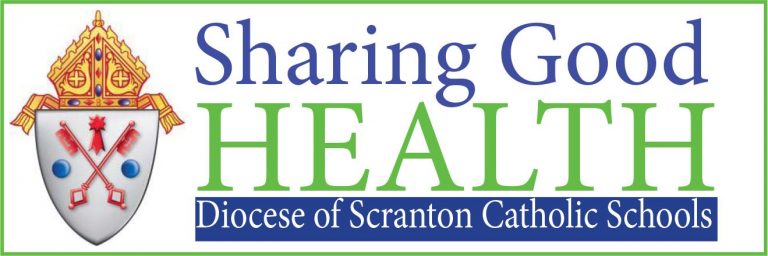 change quickly,” the administrators wrote. “We will be responsive to those changes as the situation improves or worsens in our communities. This includes every layer of mitigation and may require decisions to be adjusted on short notice.”
change quickly,” the administrators wrote. “We will be responsive to those changes as the situation improves or worsens in our communities. This includes every layer of mitigation and may require decisions to be adjusted on short notice.”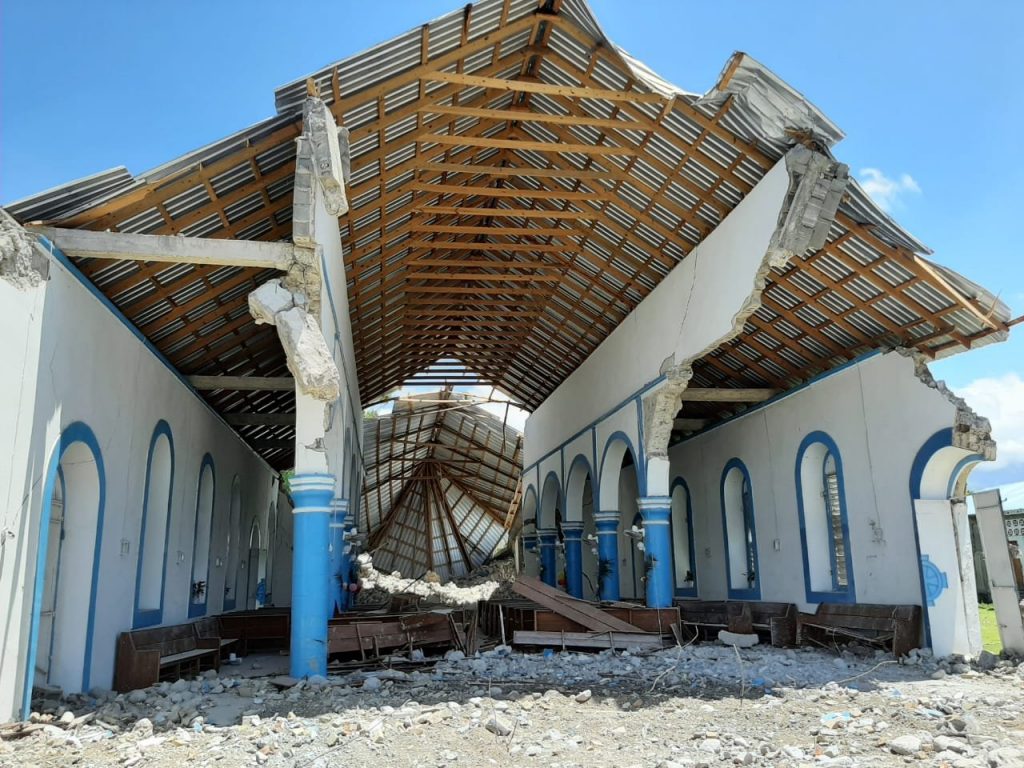
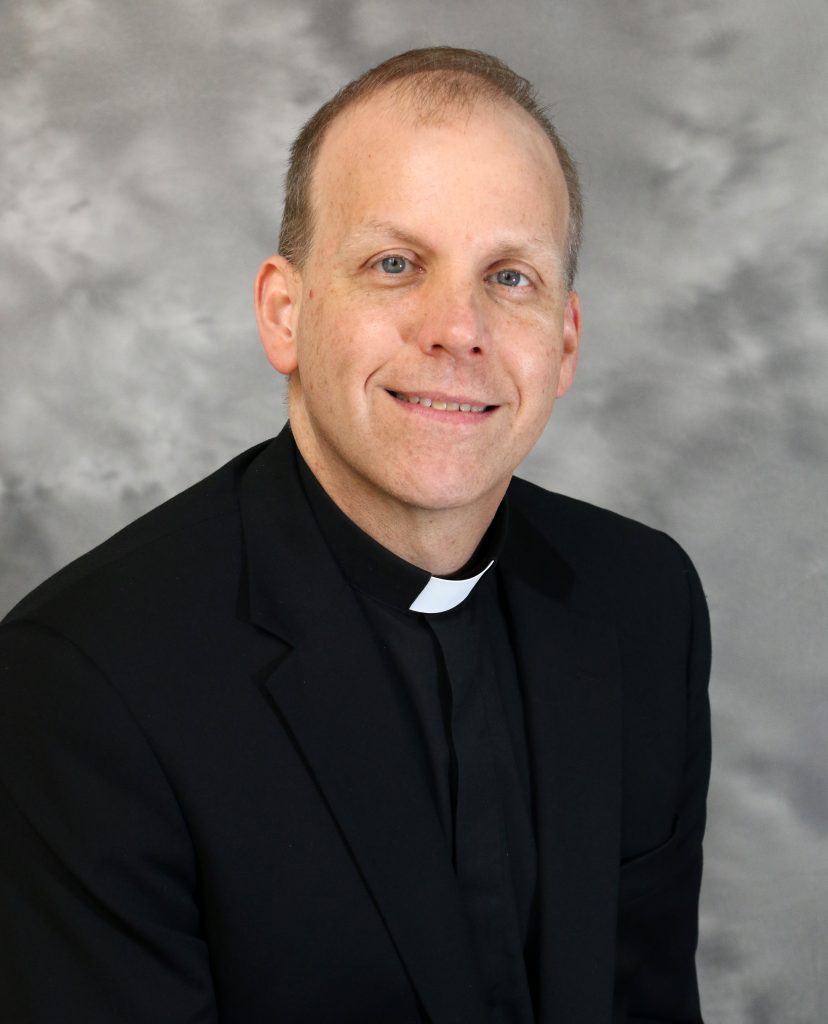
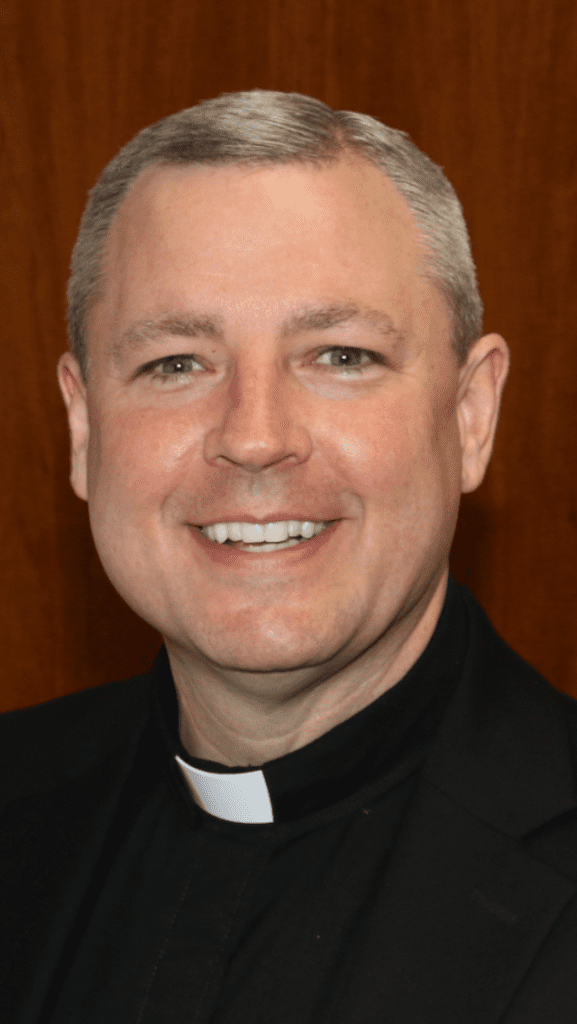
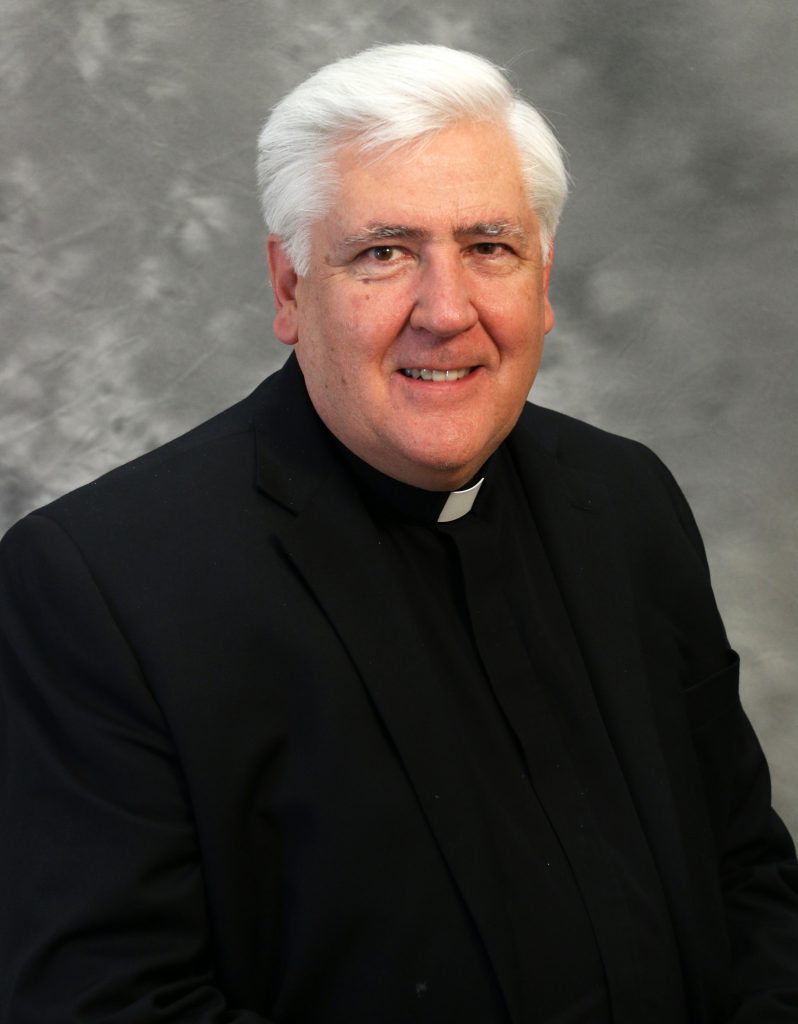 Father John V. Polednak has been appointed to succeed Father Shantillo as Episcopal Vicar for Clergy. Ordained in 1976 by Bishop J. Carroll McCormick, Father Polednak has been an outstanding servant leader who has garnered the respect of his brother priests as well as the lay faithful.
Father John V. Polednak has been appointed to succeed Father Shantillo as Episcopal Vicar for Clergy. Ordained in 1976 by Bishop J. Carroll McCormick, Father Polednak has been an outstanding servant leader who has garnered the respect of his brother priests as well as the lay faithful.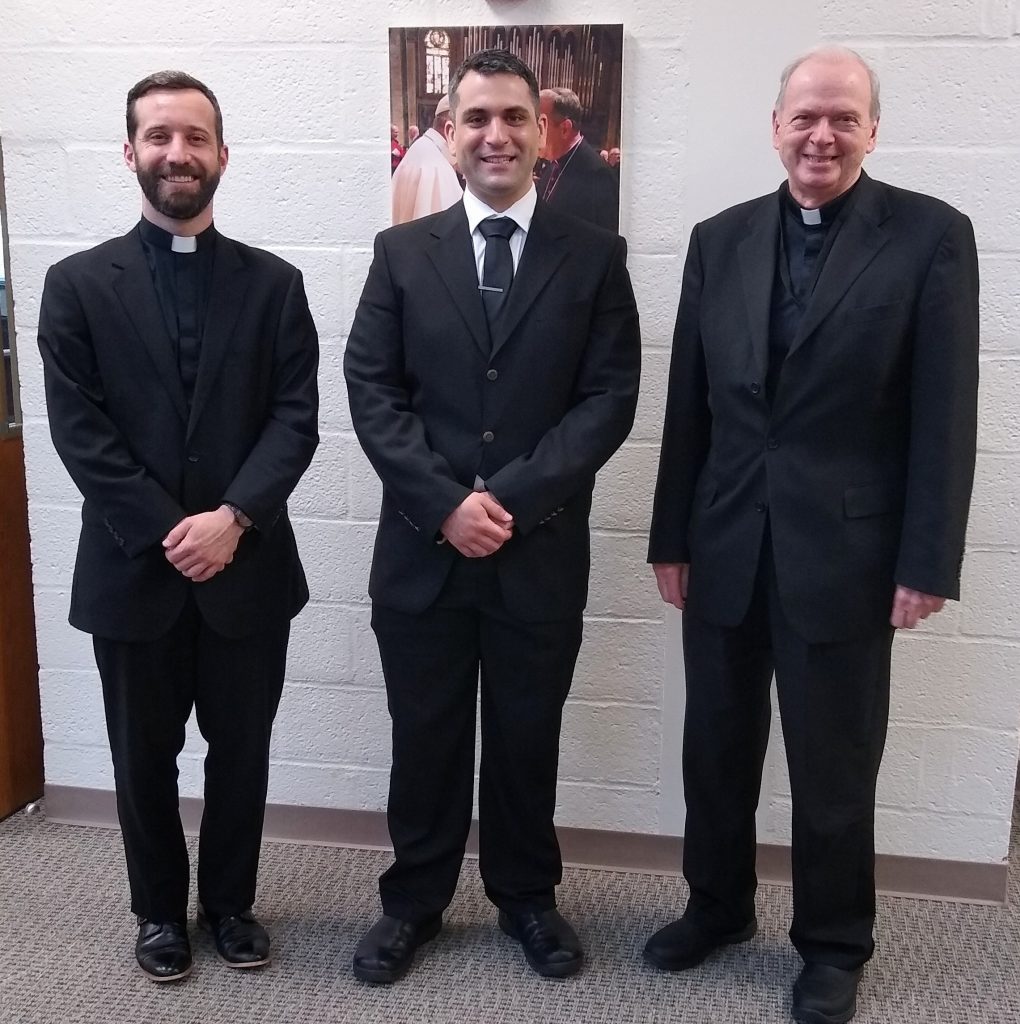
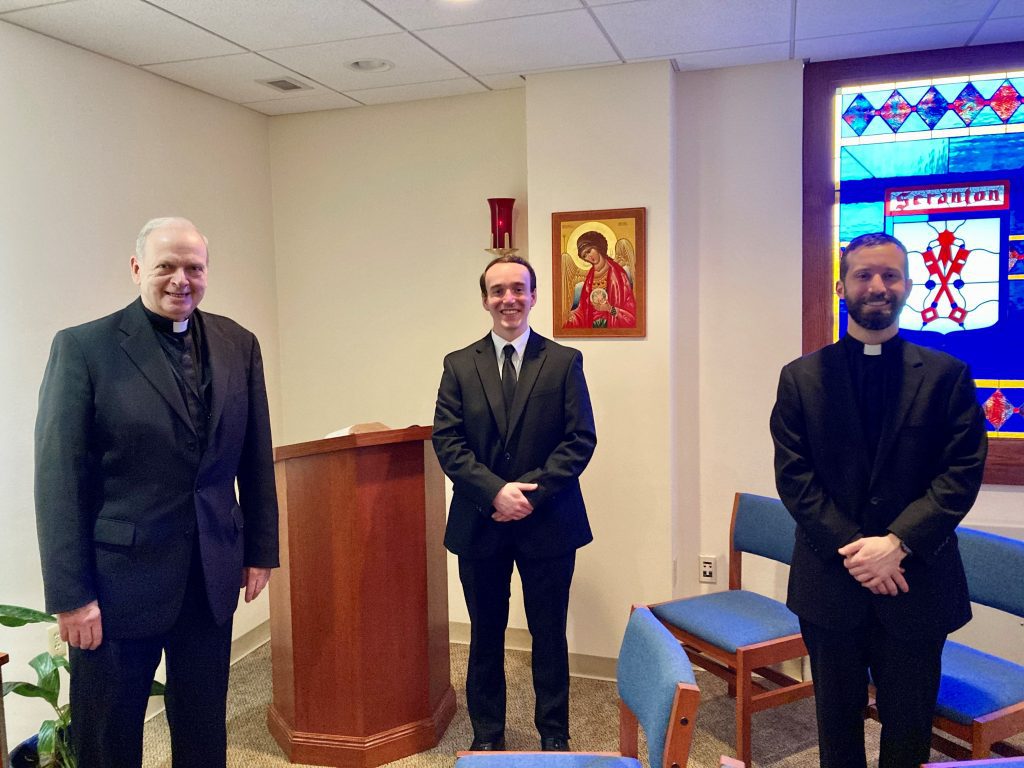
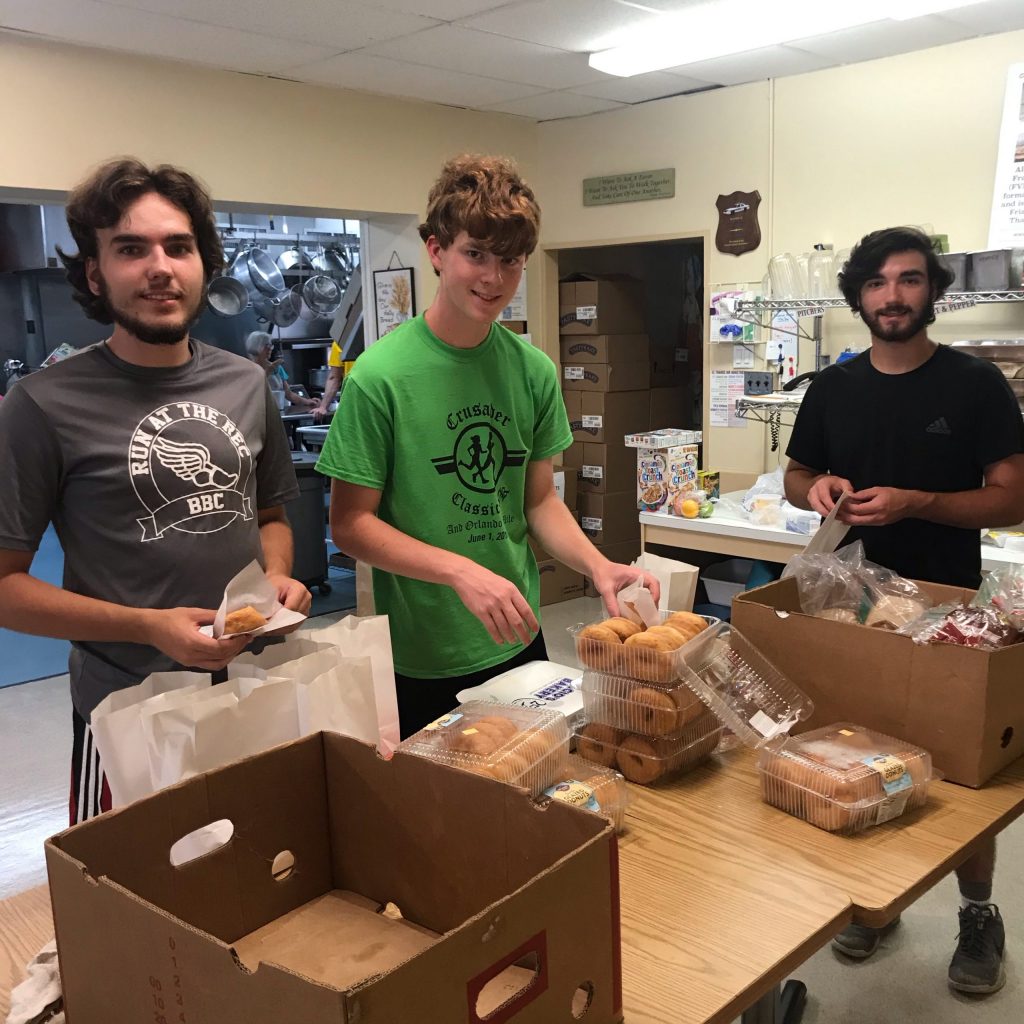
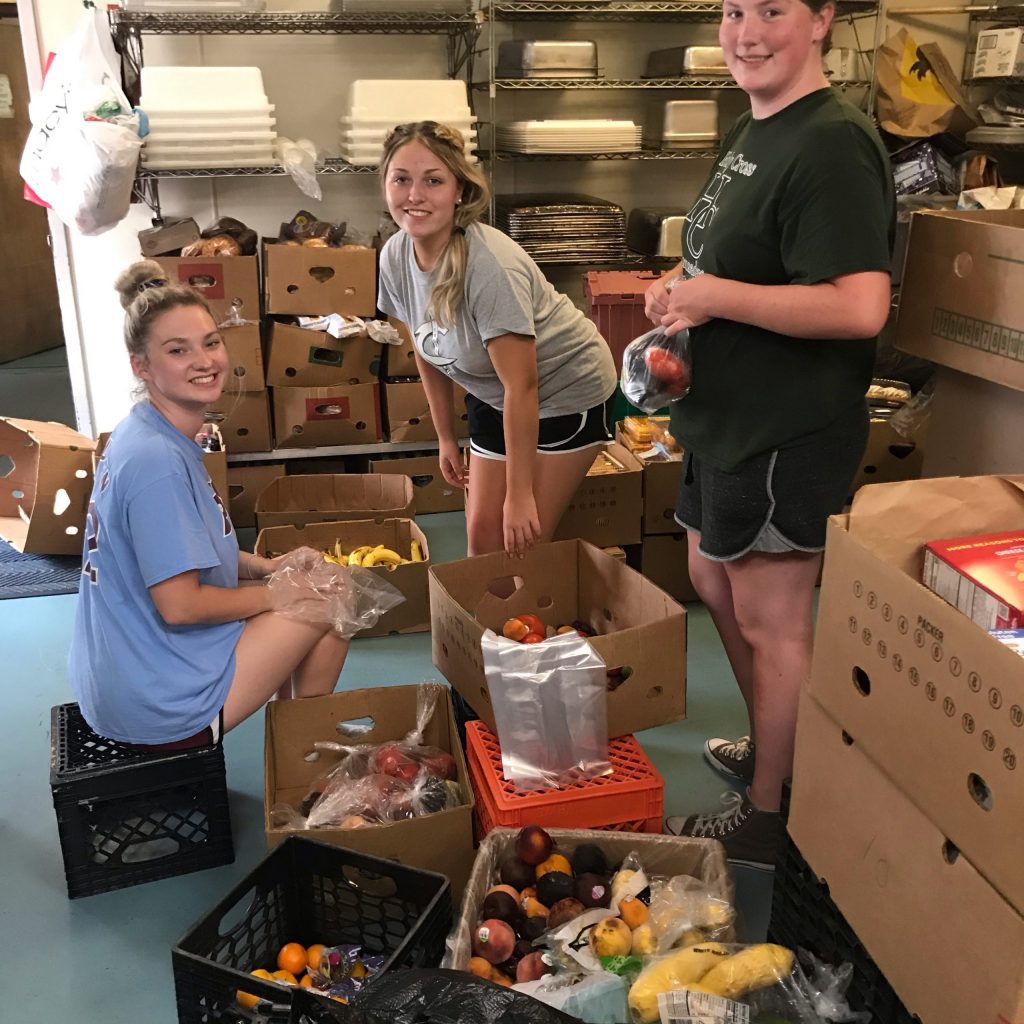
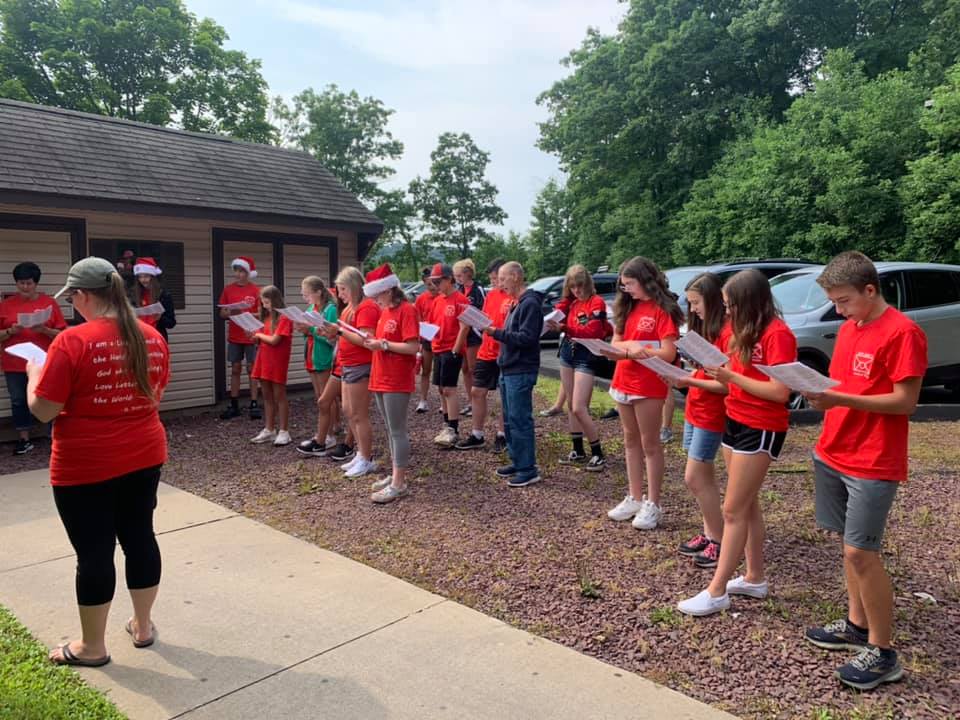
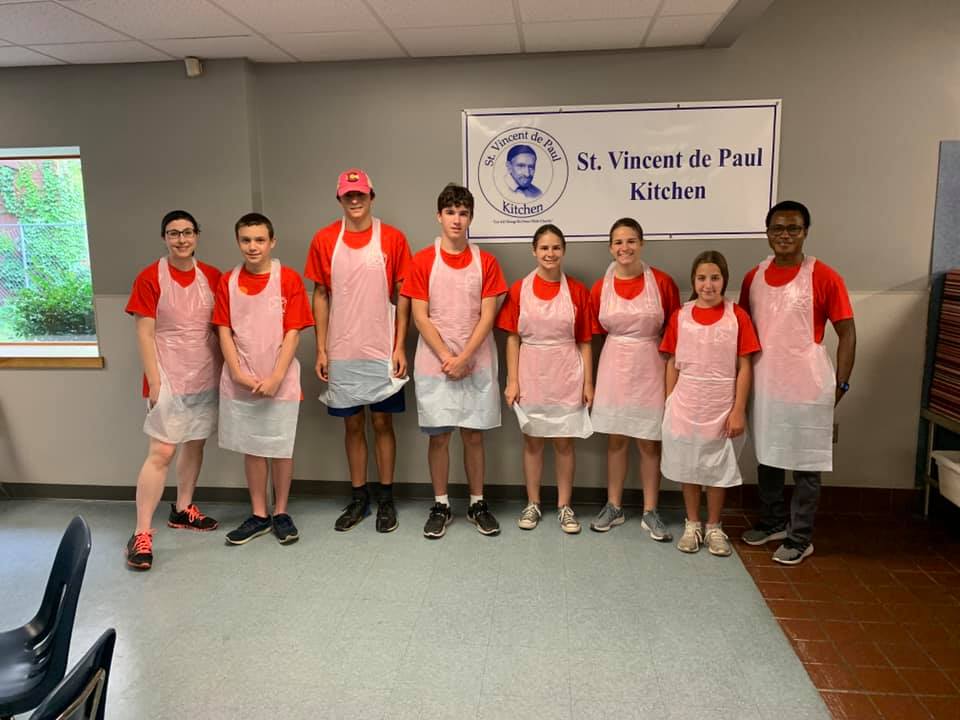 “The CYC had the most impact on me because I was directly interacting with the kids and it had an impact on their day,” he explained.
“The CYC had the most impact on me because I was directly interacting with the kids and it had an impact on their day,” he explained. to open up from the COVID-19 pandemic. Other places that benefited from the young people’s service include the MS Kirby Library, Brandon’s Forever Home and the residents of Mountain Top
to open up from the COVID-19 pandemic. Other places that benefited from the young people’s service include the MS Kirby Library, Brandon’s Forever Home and the residents of Mountain Top